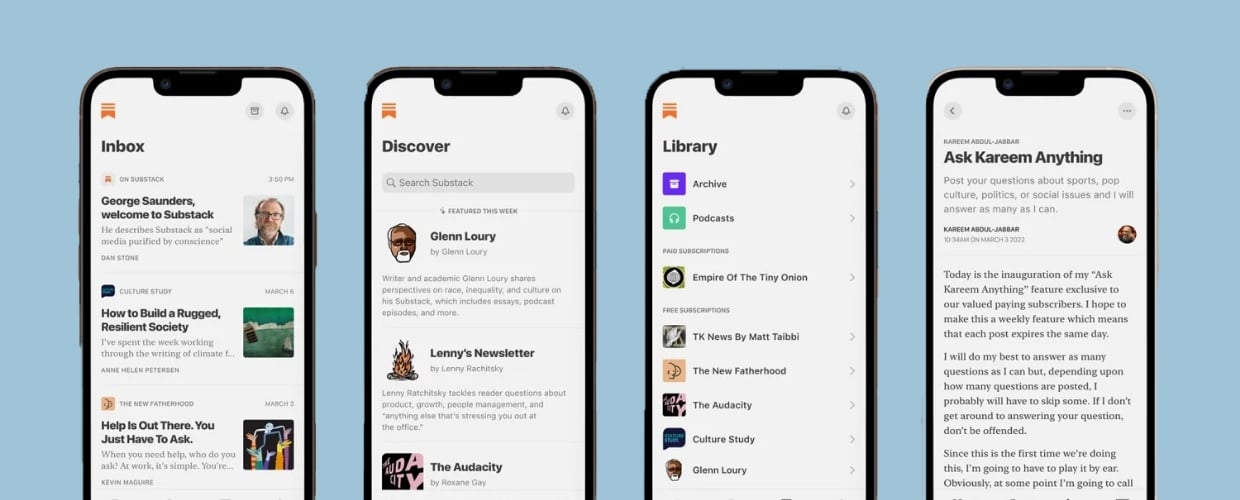If you’re wrestling with the impact of AI, political polarization, and an increasingly fragmented media landscape in your day-to-day work, rest assured you are not alone.
Each year, the USC Annenberg Center for Public Relations publishes an in-depth report that explores the key trends and challenges shaping the world of communications. Supported by our partners at Worldcom Public Relations Group, this year’s report examines the differences in generational perceptions across four themes that are actively redefining the communications industry.
The transformative impact of AI, new expectations in the workplace, a challenging political climate, and major shifts in media consumption are the key challenges for communications professionals in the modern world. As we move into the second half of 2025, these trends should influence your perspectives and plans for the months ahead.
AI’s impact on the world of PR
It’s no surprise that AI plays a prominent role in this year’s USC Annenberg Global Communications Report. It’s also playing a bigger part in the communications workflow for in-house and agency PR teams, especially in the areas of social media, research, and drafting press materials.
43% of professionals surveyed in the report stated that AI is involved in the development of social content within their respective organizations, while nearly 40% said that AI is being used for research, analytics, and generating press materials.
While the majority of every generation surveyed said that AI will ultimately make their jobs easier in the long run, in-house and agency teams aren’t necessarily “all-in” on AI. Each generation surveyed agreed that human involvement is necessary to drive successful communications programs, and older generations are concerned that AI could play a role in spreading misinformation.
At this stage of their evolution, generative AI tools such as ChatGPT, Google Gemini, and Anthropic Claude are trained on sources from across the internet, underscoring the risk of plagiarism and inaccuracy. As such, professionals must be cautious when using AI – especially for writing tasks – as the outputs may be improperly sourced or difficult to verify.
Now and for the foreseeable future, most communications professionals are proceeding with caution. Humans will need to evaluate any AI-generated content to ensure that it aligns with the strategic, ethical, and stylistic needs of their clients or companies.
Hybrid and remote work are influencing employment decisions
Hybrid work models are now the norm in the PR and communications industry. Especially among Gen Z professionals, work flexibility has become as important as compensation when they are considering the right employer fit.
The PR professionals surveyed in the USC Annenberg report spent an average of 2.84 days per work week in the office, with the highest percentage (25%) of respondents citing a hybrid schedule of three days a week in office.
The ability to work from home and/or on a hybrid basis has become a priority for younger generations. In fact, it may be a deciding factor when they are assessing employment opportunities: In the survey, 47% of Gen Z respondents said they would be willing to take a pay cut to work from home.
Employers are recognizing the talent-attracting value of a flexible work environment, and the popularity of remote or hybrid work is not a dealbreaker on the employer side: 74% of mid- and high-level PR professionals said they would hire a strong candidate regardless of location.
Social media and podcasts are driving communications success
In the Global Communication Report, participants were asked to identify which types of media will drive their communications objectives in 2030. Now more than ever, social media and “new media” are taking center stage in those efforts. Gen Z is increasingly using social media as a primary source of news, and influencers are now a key driver of integrated marketing programs.
More than half of the survey respondents (53%) cited social media platforms as the primary avenue to meet program objectives, with podcasts taking second place at 35%. Mobile apps (34%) and social influencer partnerships (30%) also took priority over traditional media channels such as online news outlets (29%) and press releases (18%).
Network TV, print newspapers and magazines, and cable news were even further down the list, coming in at 16%, 13%, and 11%, respectively.
For communicators, it’s less about chasing headlines and more about building trust across an increasingly fragmented ecosystem. While 56% of those surveyed believe the complexities of the media landscape will make their lives harder, adaptation is inevitable and necessary.
Political polarization: Will companies shy away from taking a stand?
Toeing the political line while remaining true to your brand’s core values can be a challenging feat, though it’s essential to brand authenticity. Of those surveyed, 61% of public relations professionals across generations agreed that the widespread political polarization will make their lives more difficult.
Furthermore, companies that work in controversial industries such as tobacco, firearms, weapons, and gambling may struggle to find young PR professionals to hire. Gen Z was notably more likely to refuse a position, especially in the mining and extraction and oil and gas industries, reflecting a deeper concern for the environment than other generations.
The survey revealed another major challenge for communications professionals in today’s world: Generational viewpoints can be as fragmented as the media landscape, especially with regard to social and political issues.
For example, 75% of Gen Z professionals stated that companies have a responsibility to advocate for or support social issues, even when those issues are not directly related to their businesses. However, respondents in other age groups were more hesitant to agree; overall, the stated importance of “taking a stand” on sociopolitical issues dropped by 37% over the past two years.
As the report states, “We are living in an era where being woke is increasingly divisive… Younger communicators are still serious about corporate purpose, while the older ones are losing their conviction.”
Looking to the future
As the communications landscape continues to transform in real-time, PR professionals are under increased pressure to navigate change while remaining true to their clients and brands. The challenges outlined in the 2025 Global Communication Report certainly make the work more complicated, but 74% of respondents still have a positive outlook on the future of the profession.
Check out the full 2025 Global Communication Report for more insights, and reach out to us today if you’re looking for a partner to help you tackle the challenges that lie ahead.




